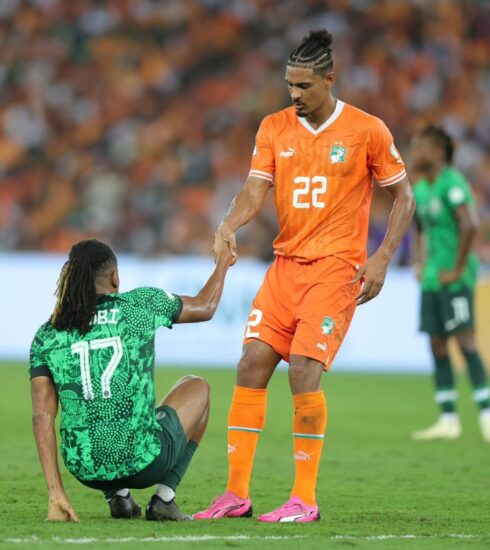Mixed fortunes for Africa’s representatives as they go toe to toe with the world’s elite

It’s a historic year for the African continent as this is the first time all the continent’s five representatives will be managed by native coaches in the competition’s history. As the five continent’s sides get set to do battle at this year’s FIFA world cup, Tolulope Omotunde takes a look at the countries representing the continent and what to expect from them.
The last international break in the month of September ahead of the 2022 World Cup in Qatar represented an opportunity for Africa’s FIFA World Cup-bound quintet to finalize their preparations for the tournament and lay down a blueprint for progression to the knockout stages. It was also instructive to a large extent, with African fans getting a glimpse of what to expect from their national teams at the finals.
Africa’s five qualifiers all endured a grueling round of international football, winning four of their 10 combined matches and registering only one against an opponent ranked inside FIFA’s top 80, and each was left with glaring issues that require immediate attention before the prestigious global showpiece begins.
Africa’s representatives to this year’s world cup are Senegal, Cameroon, Ghana, Morocco and Tunisia, so it will be interesting to see if history will be made in the Gulf, with no nation from the continent ever making it to the semi-finals of the most prestigious football competition in the world.
For Ghana, Senegal and Cameroon, the optimism that greeted their group-stage draw earlier in the year has been replaced by hard-nosed realism, and the prospect of another dismal and ignoble performance for Africa’s sides at the tournament cannot be discounted at this point.
Despite some glorious and valiant efforts by African teams in the past, the continent’s recent record at the tournament has been extremely poor. It was only at Brazil 2014 did more than one side feature in the knockout stages, and Russia 2018 was the continent’s worst combined performance yet, as none of the five qualifiers progressed from the group stage.
Of the continent’s participants in Qatar, only Senegal has the same head coach in charge from four years ago — although Cameroon and Ghana played no part in Russia. Interestingly, the only side to have kept the same coach from the Africa Cup of Nations held early this year is the Teranga Lions.
Cameroon dispensed of Toni Conceicao and replaced him with Rigobert Song. Morocco jettisoned the problematic Vahid Halilhodzic for Walid Regragui in late August, Ghana promoted Otto Addo after Milovan Rajevac’s disastrous Afcon showing, and Tunisia appointed Jalel Kadri in January shortly after exiting at the last eight in Cameroon to Burkina Faso. All five nations played two games each in the final international window before the competition’s commencement, and no side was able to claim victory in both matches.
Morocco
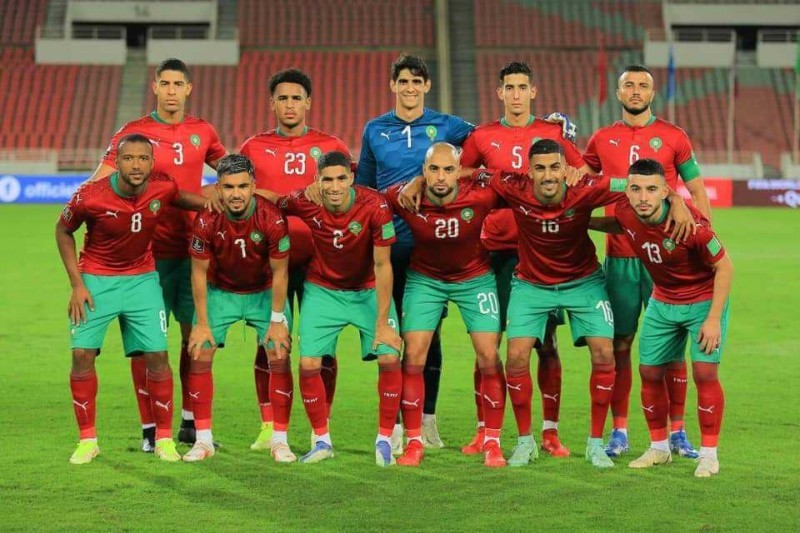
The sacking of soccer manager Vahid Halilhodzic in August stunned many as it came just three months to the Atlas Lions’ opening game with Croatia on November 23. The Bosnian has now been sacked by three nations — Ivory Coast, Japan and Morocco — despite guiding them to the World Cup finals. Regragui, despite being untested at this level but accomplished in his homeland, will take the North African nation to Qatar. While appointing Regragui remains a gamble, the early evidence suggests the new man has overseen a major boost in morale, and the 2-0 victory over Chile in Barcelona during last month’s international break was the outstanding performance by any African qualifier this week.
While there’s no shortage of top-end talent in the Moroccan squad, Halilhodzic’s old-school approach failed to get the best out of Morocco’s more creative players, with Amine Harit who plays as a midfielder for French Ligue 1 club Marseille, on loan from Schalke 04 in Germany ostracized and Hakim Ziyech, a proven and tested midfielder at English side Chelsea opting to retire from international football in February.
Ziyech’s return was everything an impatient Moroccan fan base would have been seeking, as he struck up a sound interplay with Sofiane Boufal and the duo created a plethora of goal scoring chances.
The returning Noussair Mazraoui slipped in at left-back, complementing Achraf Hakimi on the other flank and solving another problem that Halilhodzic had created, and Morocco currently look the most dangerous and cohesive of Africa’s teams just as they did before Russia 2018.
A note of caution though, there’s still room for improvement. Striker Youssef En-Nesyri of Spanish La Liga side Sevilla still looks a shadow of his former self, bringing his barren run in front of goal in LaLiga to the international game, and improvement is needed if he’s to lead the line in Qatar.
Similarly, 32-year-old Romain Saiss’s creaking performance — he was caught out of position on several occasions — will generate some consternation considering fellow centre-back Nayef Aguerd is already a doubt for the tournament. Improve both ends of the team, and Morocco stands a realistic fighting chance of making it out of Group F that includes Belgium, Canada and Croatia.
Senegal
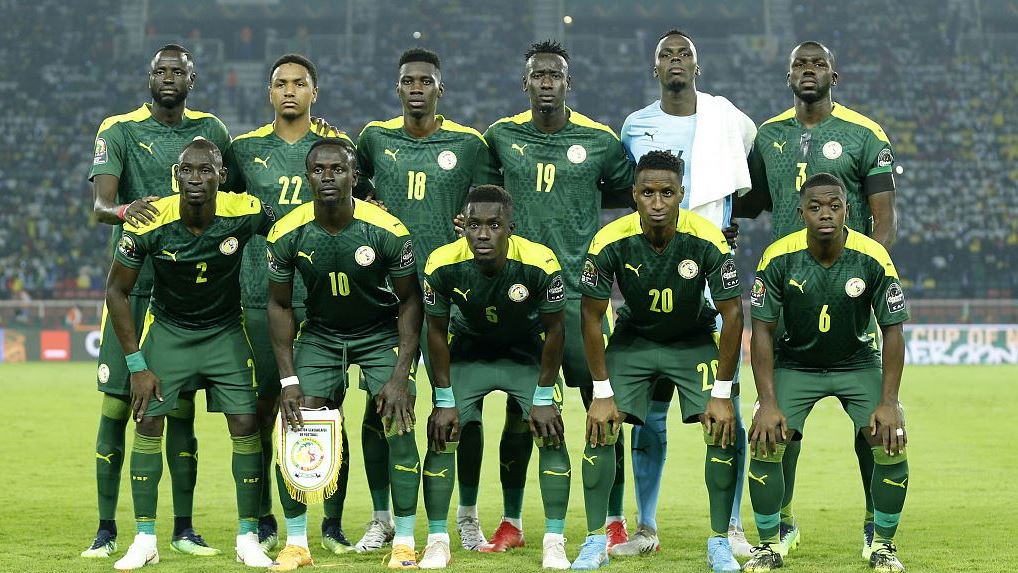
This Africa’s highest-ranked side, headed into the World Cup, is perhaps Africa’s brightest hope of reaching the latter stages of the tournament. They would be attempting to match or even surpass Cameroon (1990), Senegal (2002) and Ghana (2010) in advancing to the semi-finals. The reigning African champions are returning to the World Cup after failing to realize their potential in Russia in 2018, where they sadly missed the Round of 16 based on fair-play points.
Some things have changed since Senegal’s Nations Cup success in February. Starting with full-backs, Bouna Sarr and Saliou Ciss are expected to miss the finals. Keita Balde was banned until December and the form of key players like Sadio Mane, Kalidou Koulibaly and Edouard Mendy are questionable at this time.
Strikingly, these did not pose problems in recent friendlies, with the African champions defeating Bolivia 2-0 and playing out a 1-1 draw with Iran.
Head coach Aliou Cisse complained at the conclusion of the international window about his side’s inability to put away chances, and, indeed, this is a key area that needs to be improved considering Senegal’s workmanlike midfield can’t be relied upon to create an excess of chances against tougher teams at the World Cup. In Group A against hosts and Asian champions Qatar, Ecuador and the Netherlands, they have every reason to be optimistic about reaching the knockouts. Perhaps this team can even match the illustrious side of 2002.
Tunisia
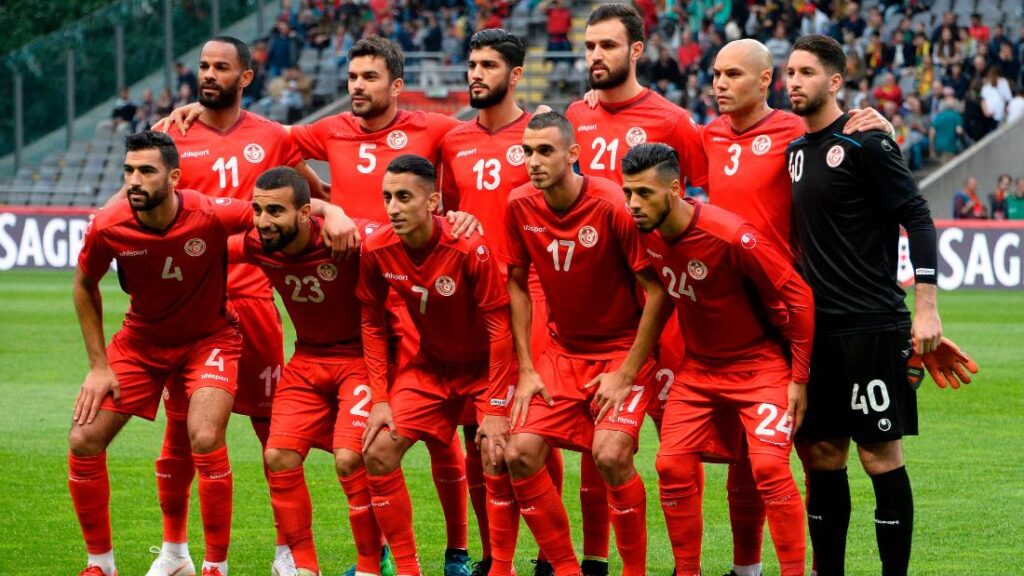
The Carthage Eagles are notorious for qualifying without much fuss but never making a statement on the big stage.
The international break was a very difficult one for Tunisia, for whom any positives that could be taken from the narrow victory over Comoros were overshadowed by their rout at the hands of Brazil. The vibrancy of the Selecao’s performance and the appalling racist abuse aimed at Richarlison couldn’t entirely detract from a woeful Tunisia display as the North Africans conceded four goals in 40 minutes and ultimately lost 5-1. It is no doubt an unwanted scoreline on the eve of a major tournament.
They reached Qatar 2022 through a freak own goal in a 1-0 aggregate win over Mali, while their campaign in Russia 2018 saw them win only their second game against Panama, but then suffer heavy losses to Belgium and England. While it may be reactionary to denigrate Tunisia after one game against arguably the best side in the world, that defeat highlighted a weakness that could be exploited at the World Cup. In a Group D that includes reigning champions France, Australia and Denmark, Tunisia’s chances of advancing look very slim at this point in time
Cameroon
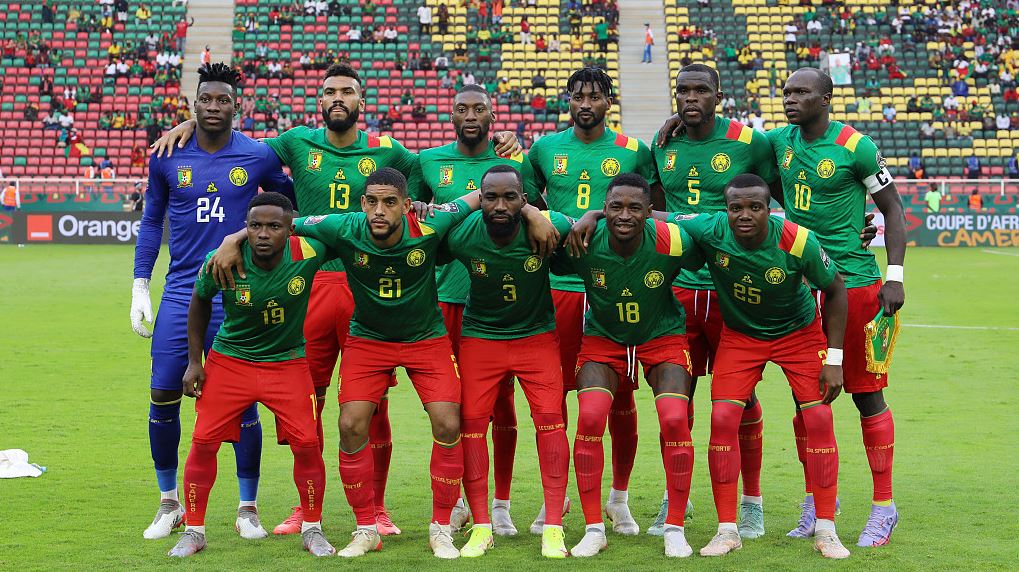
The Indomitable Lions will make their eighth World Cup appearance in Qatar, but it has been 32 years since that historic run to the quarterfinals at Italia’90 when they announced themselves to the world. While the nostalgia of Roger Milla dancing pitchside in celebration of his goals has become a totem of football history, the Lions have failed to build on the lofty legacy of that team at subsequent tournaments.
There is a feeling amongst soccer observers on the continent that Rigobert Song’s team made it to Qatar through good fortune rather than any sort of significant tactical acumen. The Indomitable Lions defeated Algeria at the death in the playoffs, precipitating that bellow of frustration from Djamel Belmadi.
Cameroon’s defeats by Uzbekistan and South Korea during the last international break has done little to quell those doubts about the Central African nation.
While Brentford’s Bryan Mbeumo’s integration into the side offers optimism, the African giants’ first-half performance against the nation from East Asia was shocking, especially after Song promised an improvement to the 2-0 loss to the Uzbeks. They struggled to string passes together, and their decision-making and execution were disappointing.
FA President Samuel Eto’o may have declared after the defeat by World No. 77 Uzbekistan that Cameroon were still planning to reach the World Cup final, but there was little evidence to suggest they can take points from Switzerland, Serbia or Brazil in Group G.
Cameroon has not won a match at the World Cup since 2002, and the last time they played, against Brazil, they suffered an on-field implosion. The likes of Eric Maxim Choupo-Moting and Karl Toko Ekambi, who were both absent from the team during the last round of warm up matches, will also add depth, experience and a goal threat, but Eto’o’s aim for Cameroon to remain in the tournament until Dec. 18 is laughable and embarrassingly ridiculous.
Ghana
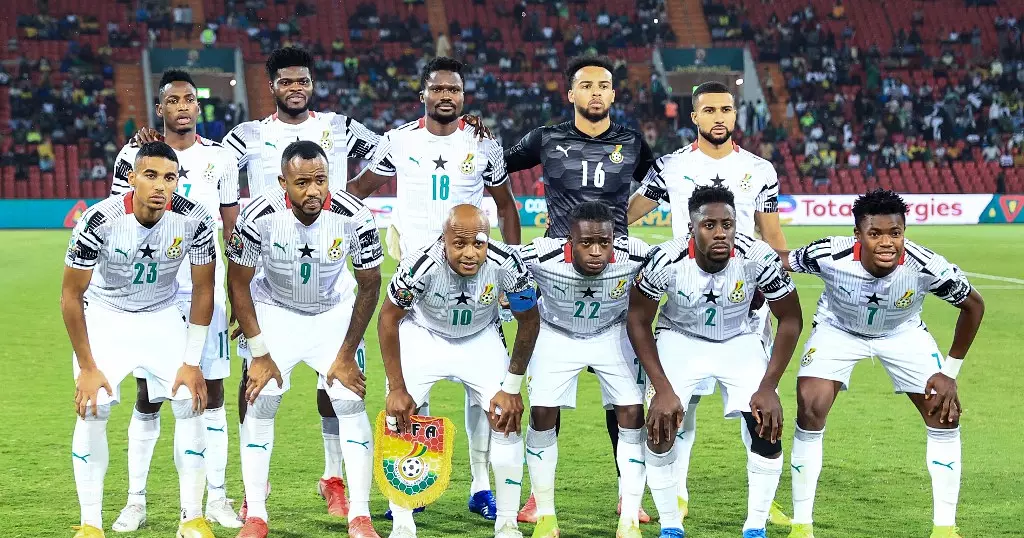
The Black Stars return to the World Cup after missing out in 2018. They return with hopes of reaching the great heights of 2010, when they were just moments from a semi-final place before Luis Suarez stole victory from them. Though Suarez is now a veteran and at the tail end of his glittering career, it will still be an intriguing rematch against Uruguay when they meet on the 2nd of December.
A disastrous Africa Cup of Nations campaign preceded the controlled, composed playoff victory over Nigeria, but the Black Stars have struggled to kick-on despite the addition of several dual-nationality players who have boosted the quality of the starting XI.
The utmost challenge that has been facing Coach Otto Addo for some time now is how best to integrate the team’s new players who have recently pledged allegiance to the Black Stars. Mohammed Salisu, Tariq Lamptey and Inaki Williams all made their debuts off the bench in the 3-0 defeat by Brazil last Friday, but only the center-back and Athletic Club striker started the 1-0 success over Nicaragua.
While this Ghana team does not have the big talents of Asamoah Gyan and Sulley Muntari, it has Thomas Partey. The Arsenal midfielder is the team’s sole world-class star. With heart and hard work they could make a splash in Qatar but it will be difficult to see this low scoring team reach the Round of 16 in a group that also has Cristiano Ronaldo’s Portugal and South Korea.
Ghana’s blend of experience and youth promotes optimism, but the absence of goals in their forwards could thwart the Black Stars’ chances at the quadrennial showpiece.



